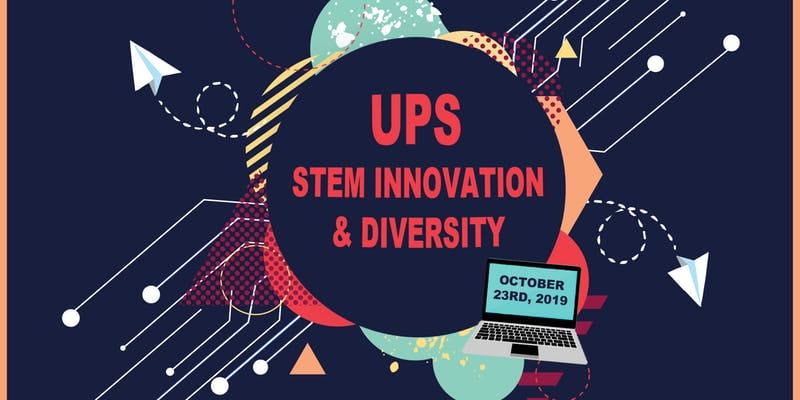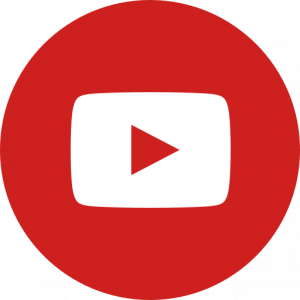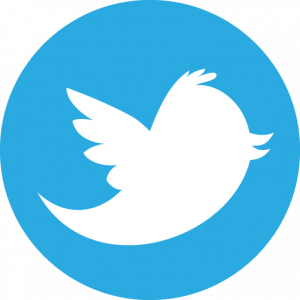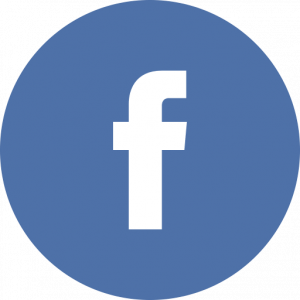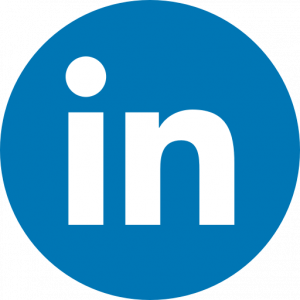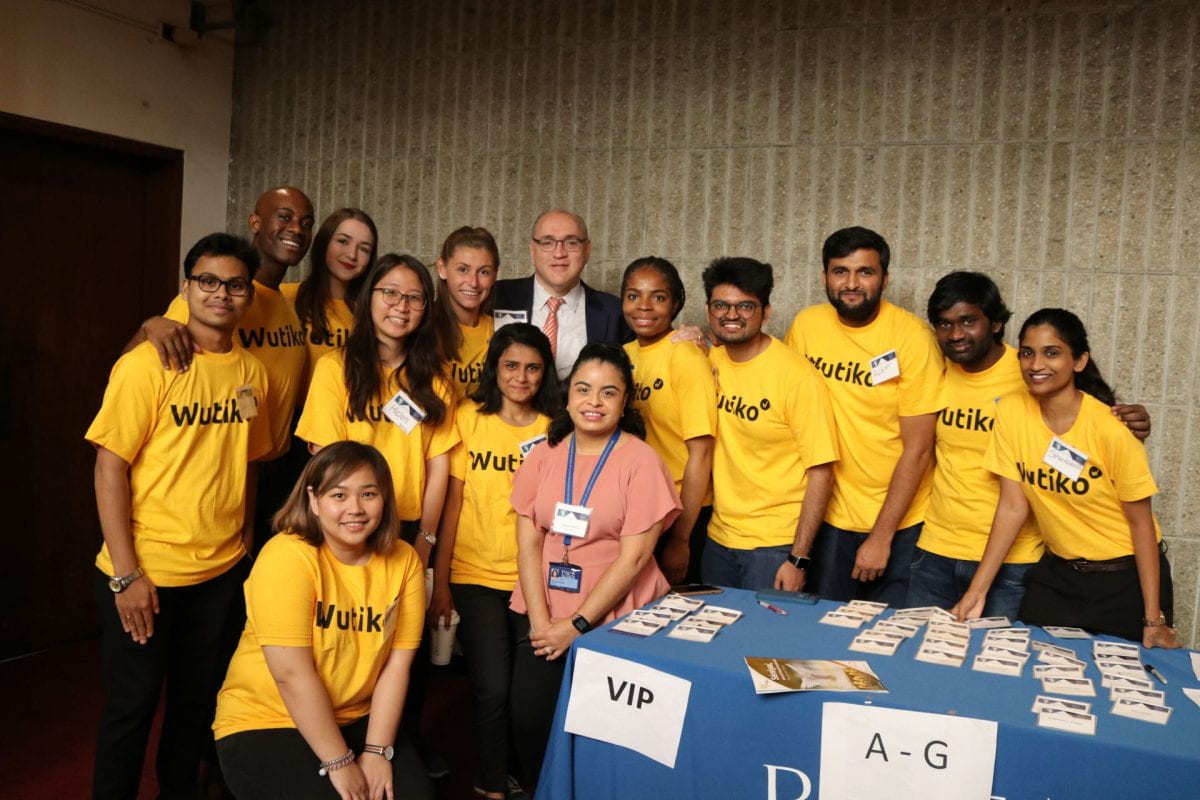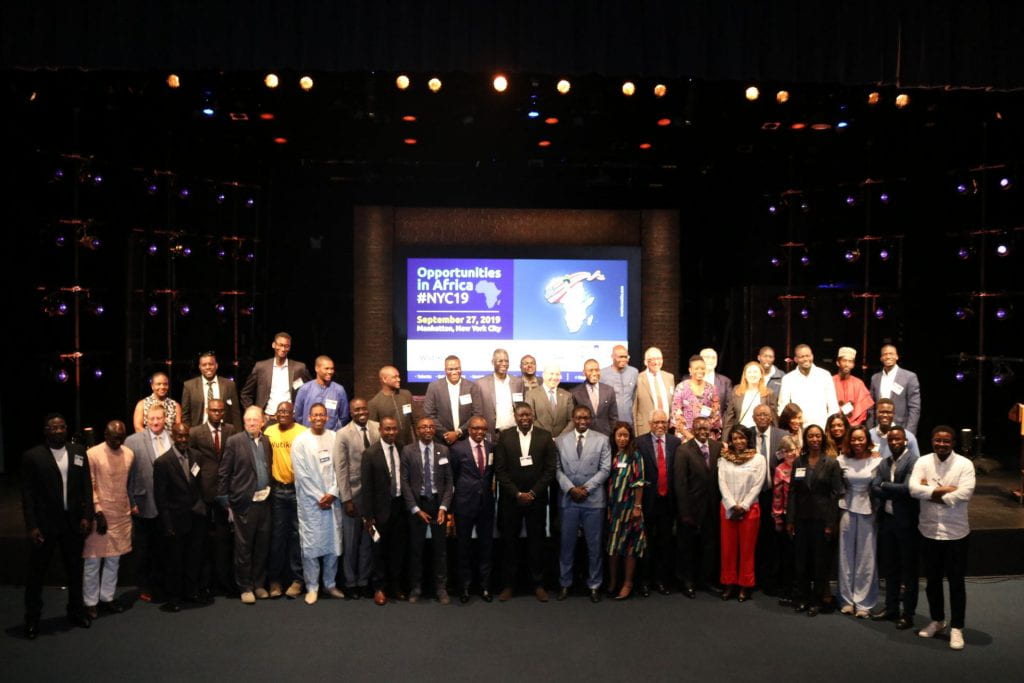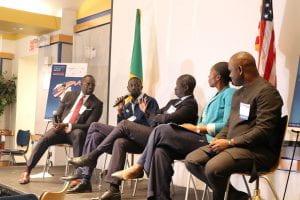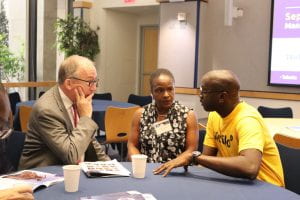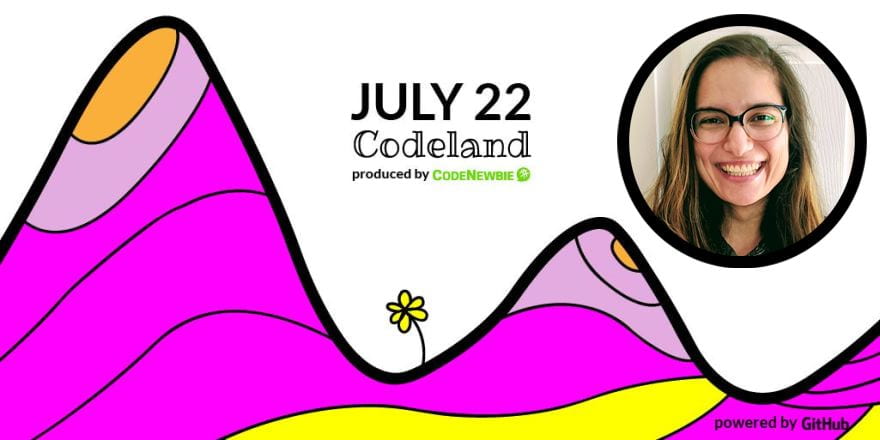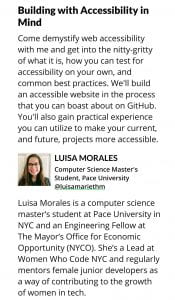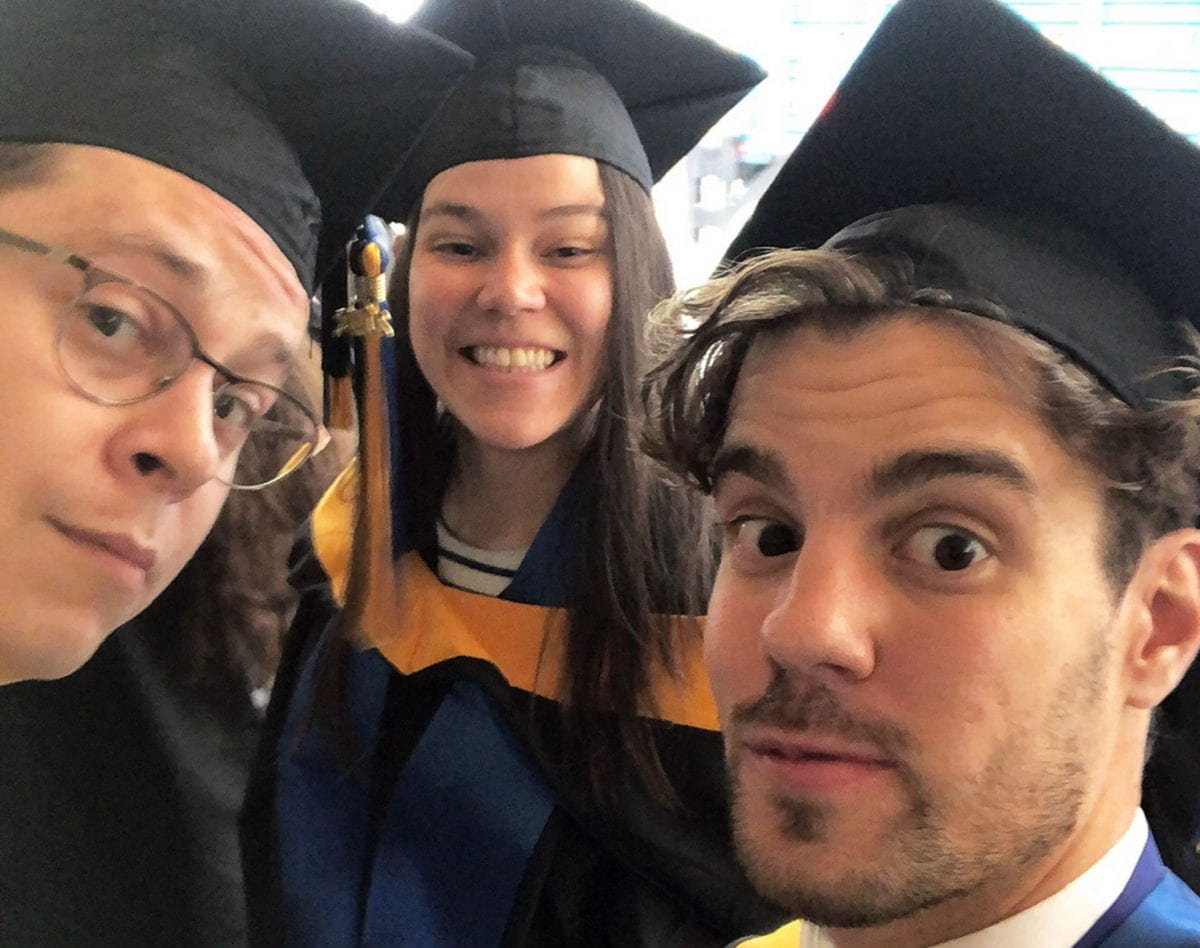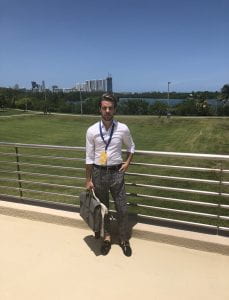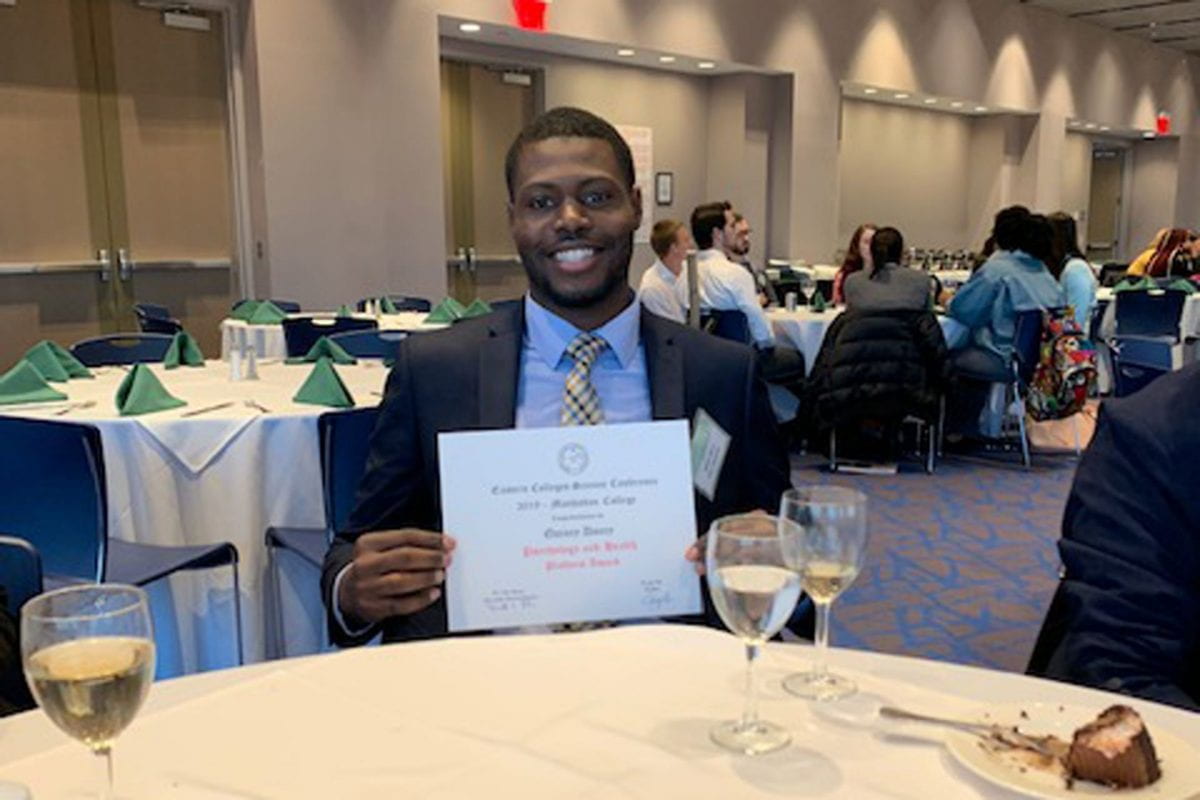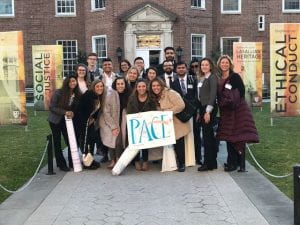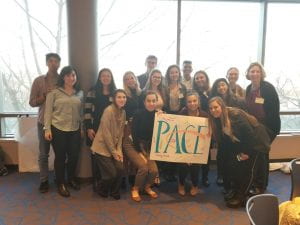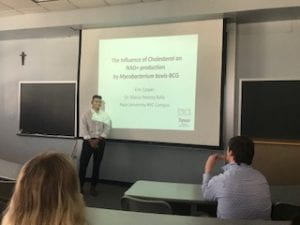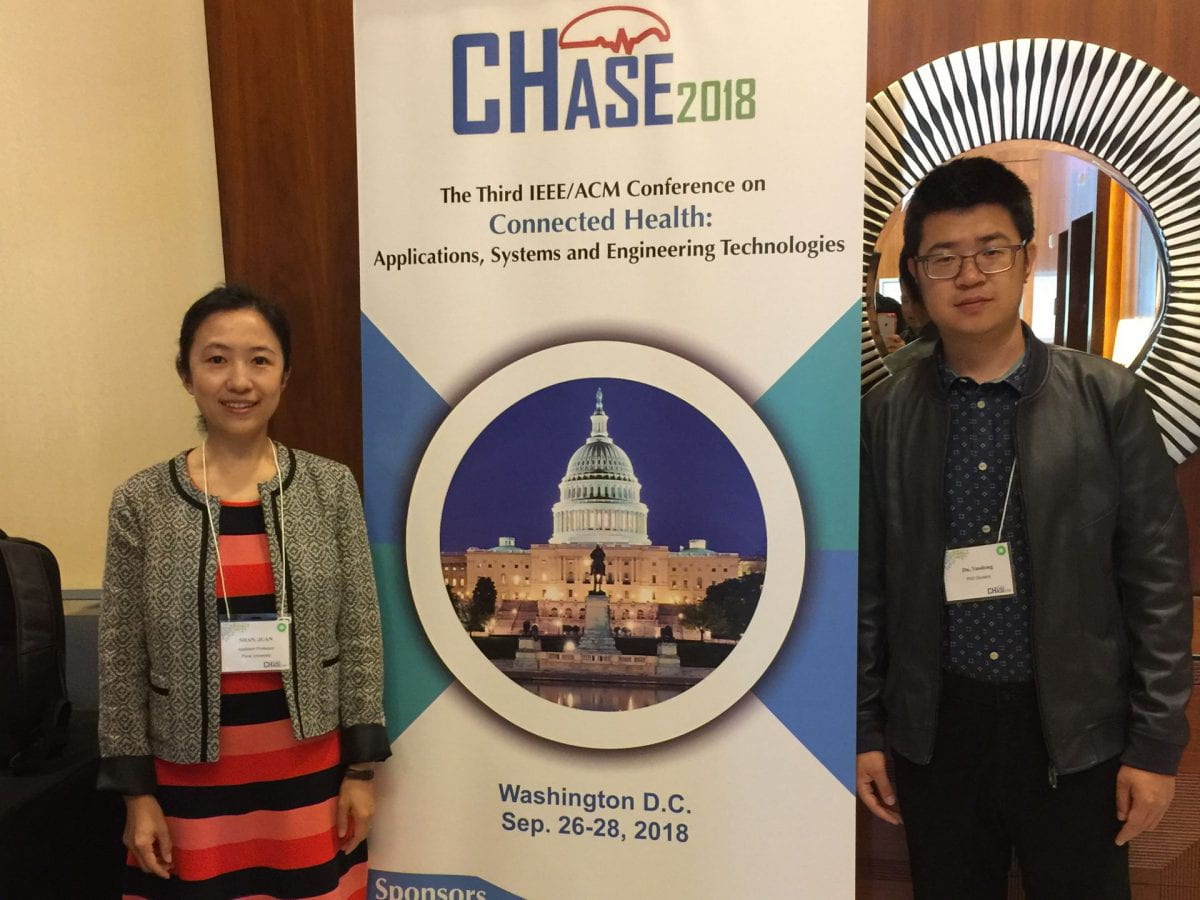This October, the Seidenberg Tech Leadership Series had not only one, but three amazing guests from UPS at the Seidenberg Lounge: Diane Chan, Senior Manager of Applications Development, Carla J. Garcia-Maier, Director of Cloud Platforms & Technology, and Stacie Morgan, Senior Application Development Manager. Being that tech has always been seen as more male-oriented, it’s refreshing to see and meet women who have found tremendous success in this field. Their presence proves that women in tech have the ability to flourish in any aspect of technology.
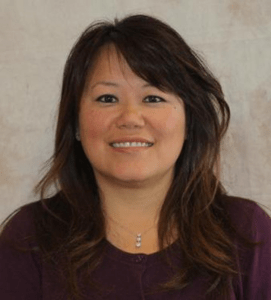
Diane Chan, like many college students, started school with one major in mind and finished with a degree in another. Through trial and error, she was able to recognize that her passions laid less with finances and more with technology. Initially an accounting major, Diane graduated from Pace University with a degree in Management Information Systems (MIS), thus demonstrating that college grants students the ability to explore other topics of interest.
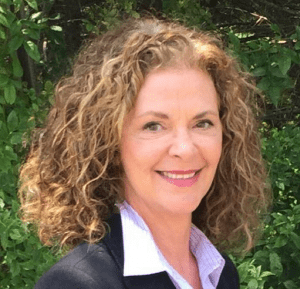
Carla J. Garcia-Maier had a similar experience. It was in the U.S. Army that Carla developed her love for technology. After serving, Carla tried to follow in her father’s footsteps as a real estate agent, but quickly realized that she desired a career involving technology and leadership. Once that decision was made, Carla joined UPS in 1999 and has been working there ever since.

Stacie Morgan discovered her interest in technology after realizing the application of computers for business problems through programs like VisiCalc and dBase. Although her interests involved technology, she later found that she was more interested in the organizational side. Once hired by UPS, Stacie started off as an Information Center Analyst and was promoted to Lead Programming Analyst until, in December 2015, she was finally promoted to Senior Application Development Manager.
Because technology is being used in every aspect of our lives, the market for jobs in the tech field has increased tremendously – and so has job competition. With so many people who are equally qualified competing for the same positions, how do you make yourself stand out?
Diane’s answer to this is: “You have to step out your comfort zone.” This was a lesson she had to learn throughout her career at UPS. She stressed that, in order to be recognized for your accomplishments, it’s important to take that extra step and make yourself known. Once you’ve accomplished that, you’ll become one step closer to success.
Carla had her own guidance to offer. When asked about her transition from military to civilian life, she explained one perk of working with people whose background differed from her own: the increase in expansive ideas. When working with people who don’t share that military background and are more relaxed in their way of thinking, the chances of coming up with the same idea is much lower. Solutions become more creative and individualistic that way. When everyone thinks the same, deliberation stops, and you end up settling on an answer that may not be the best or most efficient answer to the problem. Being open-minded is key to working in the technical field, especially because a majority of the work gets accomplished in teams.
Despite a majority of those in the tech industry being men, when asked how it feels to be a woman working in that field, Stacie confidently answered, “I’ve never seen myself as a woman in information systems,” thus, highlighting that women in technology are people first before anything else. Unfortunately, because there is a major disparity between the number of male and female workers in tech, a disparity with a ratio of 4:1 to be exact, women may often feel isolated in their careers. Stacie, on the other hand didn’t fall victim to this. Surprisingly, it wasn’t until she was given her managerial position that she noticed how few women were on her teams. She suggests that, as a woman in tech, it’s best to pay more attention to the task at hand. Focusing more on their capabilities as a person in tech will help them pay less attention to that gender disparity.
Thankfully, here at Pace University, our Women in Tech club provides a safe space for female students studying technology to connect and relate. If you’re a Pace student feel free to stop by one of their meetings every other Monday. Click here to be added to their mailing list and see all their latest events!
Follow us on social media for updates!


